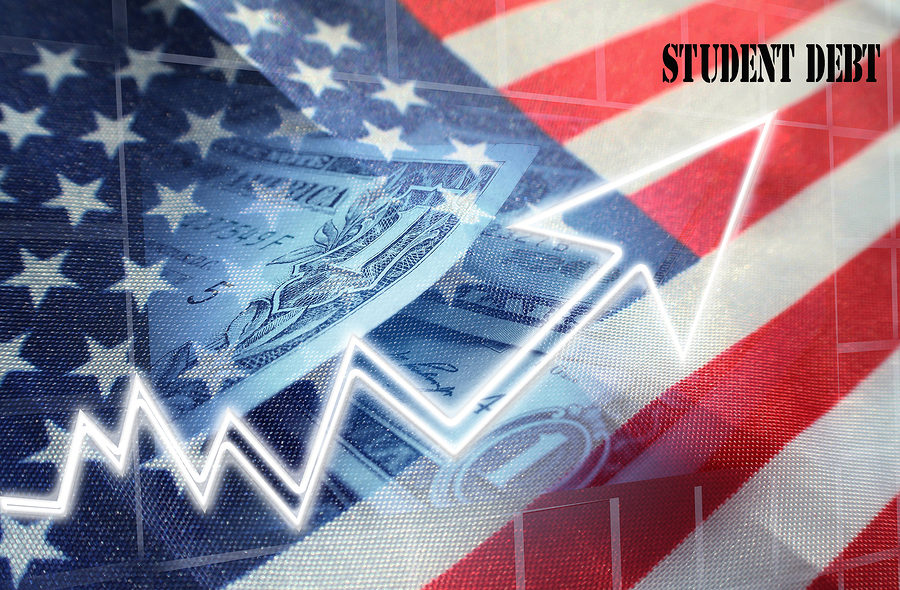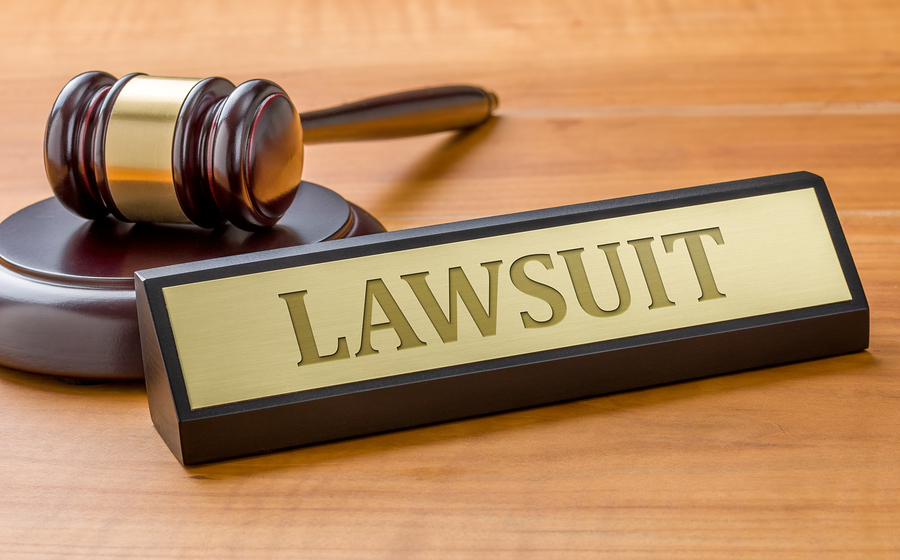With the increase in student loan debt, it is hard to ignore the effects it is having on a particular generation. The most recent statistics reveal that “Millennials,” individuals who were born after 1982, hold more than $1 Trillion in debt – much of that being student loan debt. In fact, the amount has risen 130 percent since 2008. These figures come from the New York Federal Reserve Consumer Credit Panel and are the highest debt levels reported since before the 2007 recession.
Most students end their undergraduate careers with an average of $37,000 in student loan debt. If they choose to move onto graduate studies, that debt can reach six figures before the student is done. Following graduation, most of these students are struggling to meet basic living expenses on top of meeting their monthly student loan payments.
The student loan debt burden has also impacted millennials’ ability to purchase a home. Consumer debt is reported at a record high of $13.5 trillion. Mortgage debt constitutes most consumer debt nationwide, but that is not the case for the millennial generation. Since 2009, mortgage debt increased by only 3.2 percent while student loan debt jumped 102 percent.
Overall, student loans make up the second largest category of consumer debt. Credit cards and auto loans follow. At the end of 2018, car loans made up the third largest percentage of debt in the U.S., followed by credit card debt.
If a borrower is not able to maintain payments on his or her student loan debt, the damage that results to that person’s credit can be significant, and this hit to a credit score can seriously hurt the person’s chances of obtaining a mortgage down the road. This fact could be another reason why fewer millennials are taking out mortgages.
Student loan debt is different from other types of debt. It is currently estimated that somewhere around 40 percent of all student loan borrowers will default at some point on their student loans. Many different mistakes can be made when it comes to student loan repayment. If you believe you qualify for student loan debt relief, speak with an experienced bankruptcy attorney about your options.
Click here to read more on this story.
For borrowers who are struggling with student loan debt, relief options are available. Many student loan borrowers are unaware that they have rights and repayment options available to them, such as postponement of loan payments, reduction of payments or even a complete discharge of the debt. There are ways to file for bankruptcy with student loan debt. It is important you contact an experienced Miami bankruptcy attorney who can advise you of all your options. As an experienced CPA as well as a proven bankruptcy lawyer, Timothy Kingcade knows how to help clients take full advantage of the bankruptcy laws to protect their assets and get successful results. Since 1996 Kingcade Garcia McMaken has been helping people from all walks of life build a better tomorrow. Our attorneys help thousands of people every year take advantage of their rights under bankruptcy protection to restart, rebuild and recover. The day you hire our firm, we will contact your creditors to stop the harassment. You can also find useful consumer information on the Kingcade Garcia McMaken website at www.miamibankruptcy.com.
Related Resources:
https://www.badcredit.org/average-student-loan-debt/





